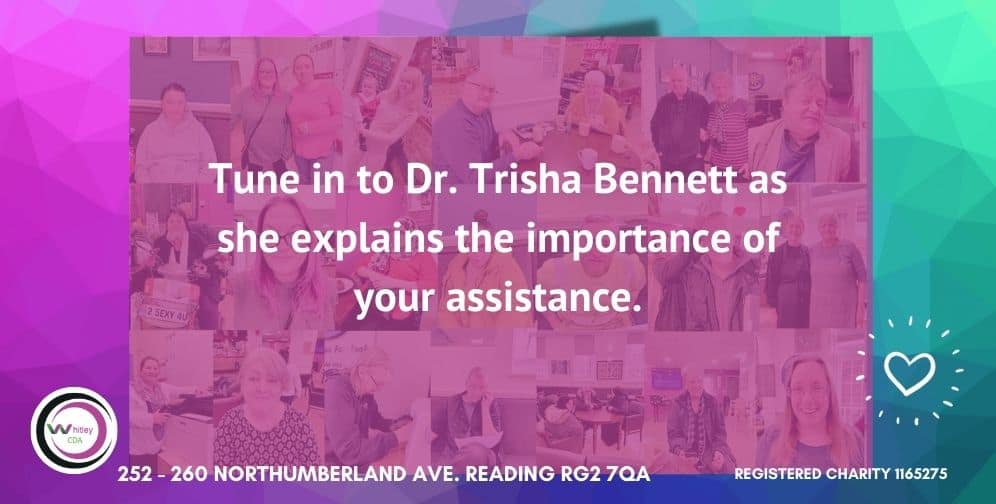Can Food Taxes Tackle Obesity? A Local Perspective from Whitley Community Development Association
Last Sunday, Dr Trisha Bennett of Whitley Community Development Association (WCDA) appeared on Politics South to weigh in on a heated national debate: should the UK introduce taxes on unhealthy foods to combat obesity and improve public health? As the conversation unfolded, Dr Bennett brought a vital, community-based perspective to the table, showcasing the incredible work WCDA is doing to address food inequality and promote healthy living.
The Case for a Food Tax
Supporters of a food tax argue it could mirror the success of the soft drinks sugar levy, which led manufacturers to reduce sugar content and generate funds for public health initiatives. A recent YouGov poll found that two-thirds of the public would support such a measure if the proceeds were reinvested in children’s health. Dr Bennett acknowledged the potential benefits but stressed that taxation alone cannot solve the problem.
“[Food taxes] don’t stand in isolation,” she said. “We can’t punish financially challenged families—particularly when, in some areas, a doughnut is cheaper than an apple.”
A Community-Centred Solution
WCDA has been tackling this issue head-on in Whitley, a “food desert” where access to fresh, affordable produce is limited. Through a partnership with the University of Reading and local councils, WCDA established a community fruit and veg stall, providing £10 weekly vouchers to participating households.
The results? Healthier families, stronger communities, and even scientific data to back up the benefits. Dr Bennett highlighted how the project doesn’t just nourish bodies but builds social connections too:
“Families are choosing fruit and veg together. Children are trying things like mangoes and pineapples for the first time. And neighbours are bonding—mental health improves as much as physical health.”
The Broader Picture: Food Poverty and Policy
While initiatives like WCDA’s veg stall offer a glimmer of hope, Dr Bennett warned that deeper systemic changes are essential. Only 40% of children in some areas take up free school meals they’re entitled to, often due to stigma or lack of automatic enrolment. Meanwhile, some school meals themselves fall short of nutritional standards due to tight budgets.
Dr Bennett and her team are working to challenge these barriers by advocating for more nutritious and accessible school meals and creating community spaces where residents can monitor their health, such as blood pressure check-ups at WCDA’s community hub.
What’s Next?
The debate over food taxes remains complex. While taxation can drive change at the manufacturing level, community support and subsidies for healthier food options may better address the root causes of food poverty. Dr Bennett summed it up:
“It’s not about doing just one thing—it’s about working together to ensure every child grows up with access to nutritious food, starting in schools and continuing at home.”
With initiatives like those at WCDA, the potential for change feels within reach. Their work stands as a testament to what’s possible when communities rally together to address systemic challenges.
Actionable Takeaway: Whether it’s supporting local food initiatives, advocating for policy changes, or making small shifts in your own habits, we all have a role to play in fostering healthier communities. As Dr Bennett showed, change starts locally—with each piece of fruit and veg, and each conversation about what’s possible.











